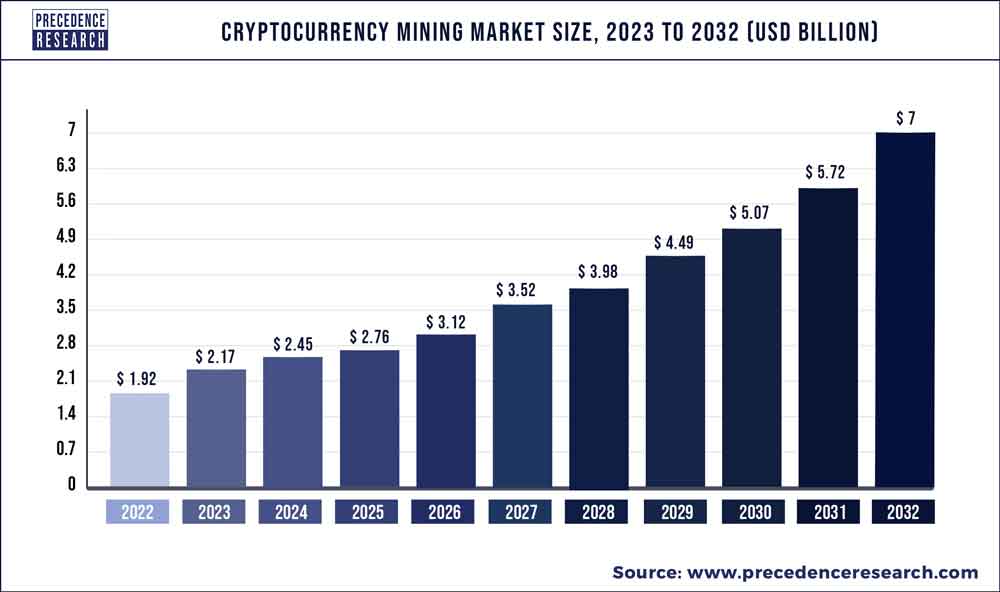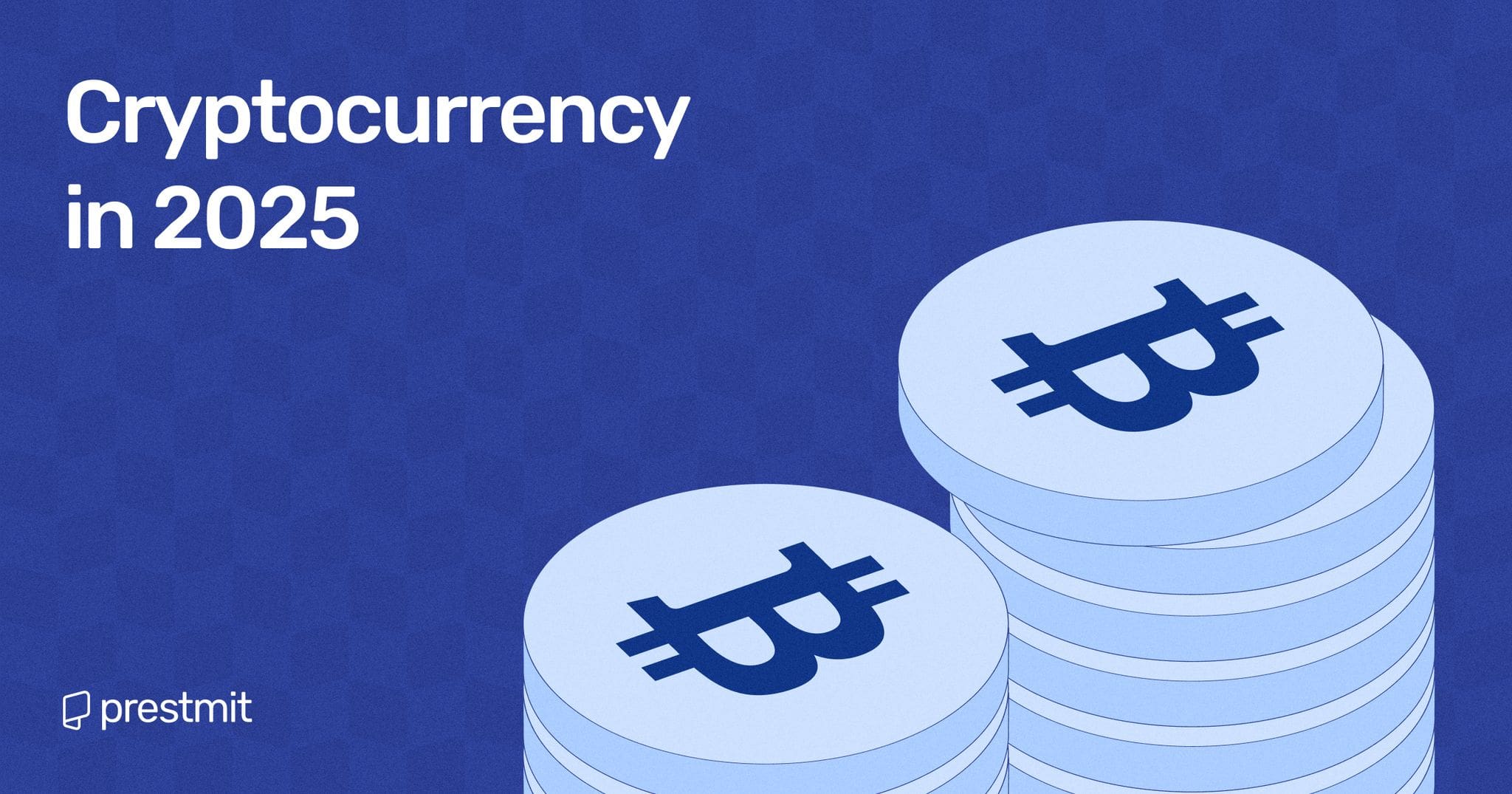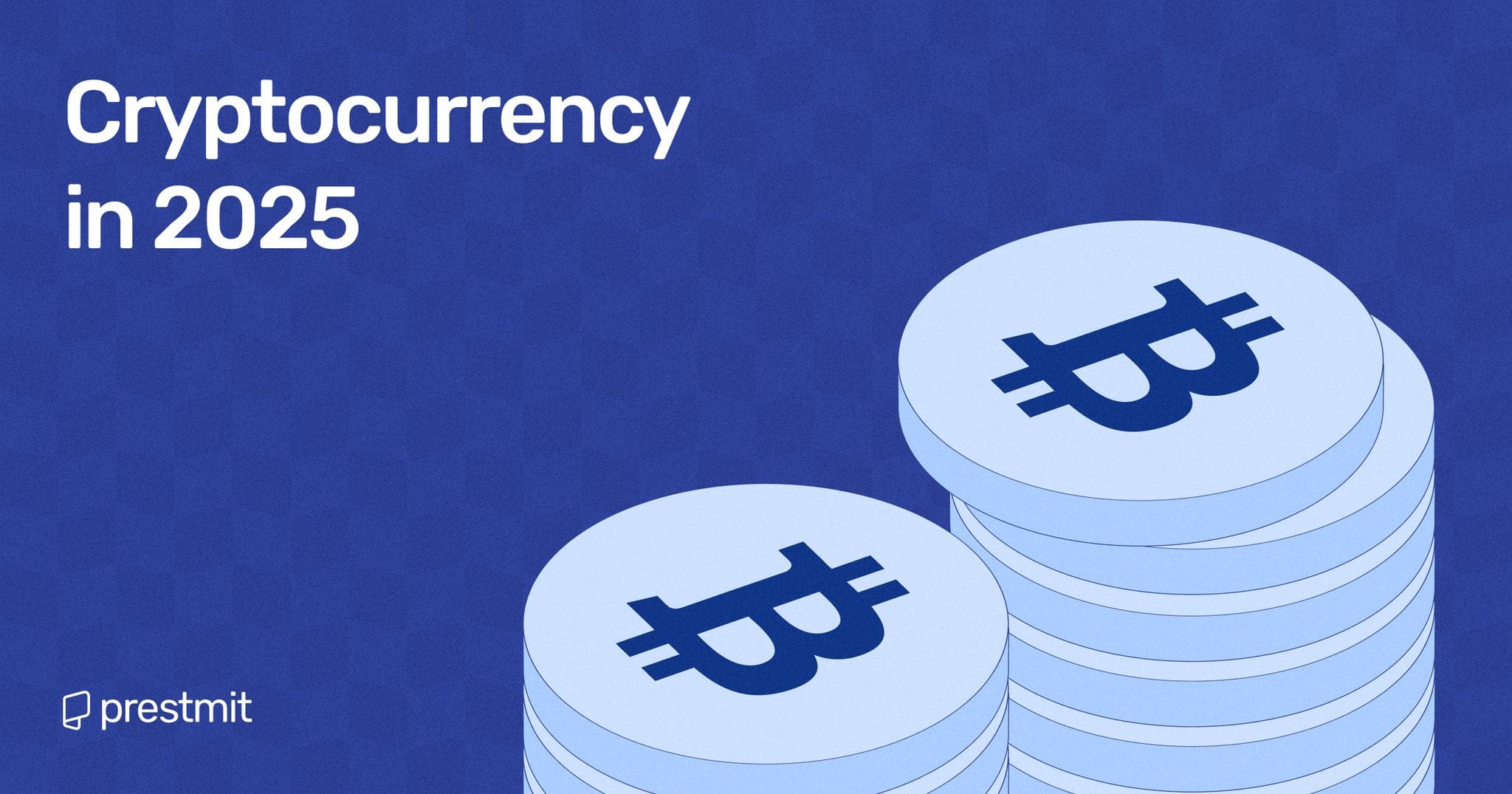Donald Trump’s Peculiar Stance on the Silk Road and Drug Penalties
In a striking contradiction to his otherwise stringent stance on drug-related crimes, former President Donald Trump has recently expressed a desire to “SAVE” Ross Ulbricht, the founder of the infamous Silk Road online marketplace. This platform, which thrived in the dark corners of the internet, facilitated the sale of illegal drugs and has become a point of contention in discussions surrounding digital freedoms and drug policy. Trump’s statement came in the form of an emphatic post on his social media platform, Truth Social, where he declared, “I WILL SAVE ROSS ULBRICHT!”.

A Life Sentence for a Nonviolent Offender
Ulbricht, also known by his online moniker, Dread Pirate Roberts, was sentenced to life imprisonment in 2015 for a series of nonviolent charges related to operating the Silk Road. Critics of his sentence argue that it was disproportionately harsh—particularly noting that he was not convicted of any violent crime. Legal experts and advocates within the cryptocurrency community have been rallying for his release, citing the significant issues surrounding his trial, including allegations of government misconduct and corruption.
One of the main criticisms has been the extensive role that law enforcement played beyond the legal boundary, with reports of DEA agents using their investigative powers for personal gain. This troubling narrative adds a layer of complexity to Ulbricht’s criminal history. As he turned 40 recently, he expressed a hope for redemption and reconsideration of his lengthy sentence on social media, stating, “I pray I’ll get a second chance at freedom before this next decade ends.”
Paradox of Trump’s Promises
What makes Trump’s recent pledge even more perplexing is his harsh general stance on drug offenders. Throughout his political career, he has advocated for severe penalties for drug-related crimes, even suggesting that drug dealers should face the death penalty. Furthermore, Trump’s remarks about deploying “kill squads” for cartel leaders in Mexico indicate a consistent hardline approach to combat drug trafficking. This apparent double standard—at once advocating for draconian punishments for drug traffickers while vowing to save a man guilty of facilitating such trade—leaves many questioning the genuineness and motivations behind his statements.

The Cryptocurrency Connection
The connection between Ulbricht and the cryptocurrency community is significant. Silk Road was built on a foundation of Bitcoin transactions, making Ulbricht something of a martyr among crypto enthusiasts. Supporters view his plight through the lens of personal freedoms and digital privacy, which are often at odds with government regulations. Ulbricht’s case symbolizes a battle between innovation and control—an issue that resonates deeply within libertarian circles, a demographic that Trump is keen to cater to in his bid for reelection.
Coinciding with these developments, Trump and his sons launched World Liberty Financial, a decentralized finance (DeFi) platform, showcasing their interest in the very space that Silicon Road represents. Despite the platform’s unclear objectives, the family’s foray into the cryptocurrency market may reflect a strategy to engage voters who prioritize economic freedoms, particularly amid an administration that many perceive as overreaching.
Conclusion: Implications for Future Policies
As Trump returns to the presidential campaign arena, his inconsistency regarding drug policy and his engagement with Ulbricht’s case raises critical questions. The juxtaposition of a former leader who once promoted extreme measures against drug offenses now claiming to be a defender of a digital marketplace operator illustrates the complex landscape of American drug policy and digital freedom.
Trump’s evolving narrative, alongside the growing prominence of cryptocurrencies and their potential for societal change, suggests a fascinating decade ahead in both drug legislation and the regulatory frameworks governing digital currencies. The legal and ethical implications of Ulbricht’s case, coupled with the broader market trends, could redefine how society views the intersection of technology, law, and personal liberties in the coming years.
As this story unfolds, the dialogue surrounding Ulbricht’s future will likely challenge the boundaries of established drug policies while illustrating the unpredictable relationship between leadership aspirations and emerging technologies.















